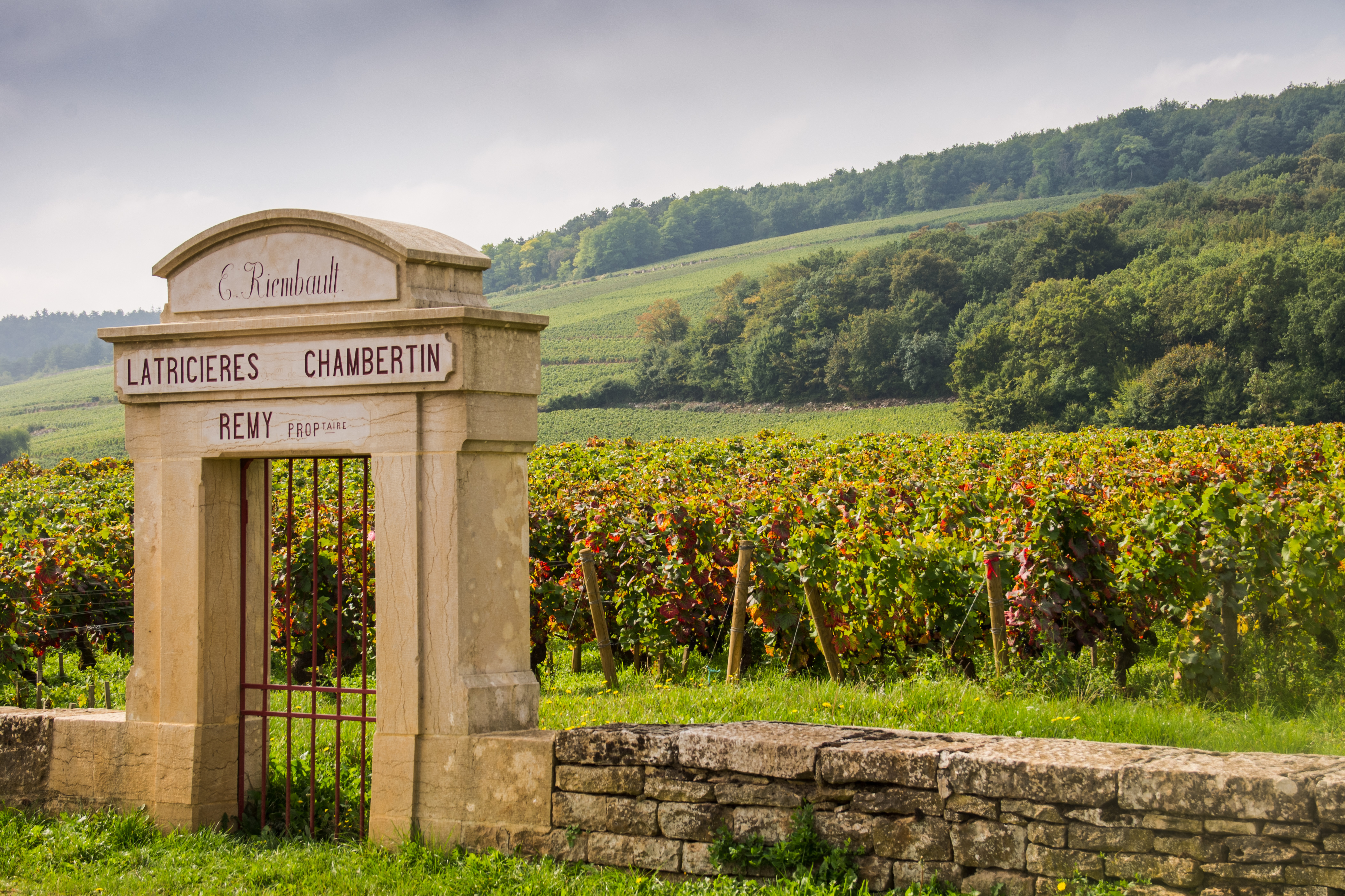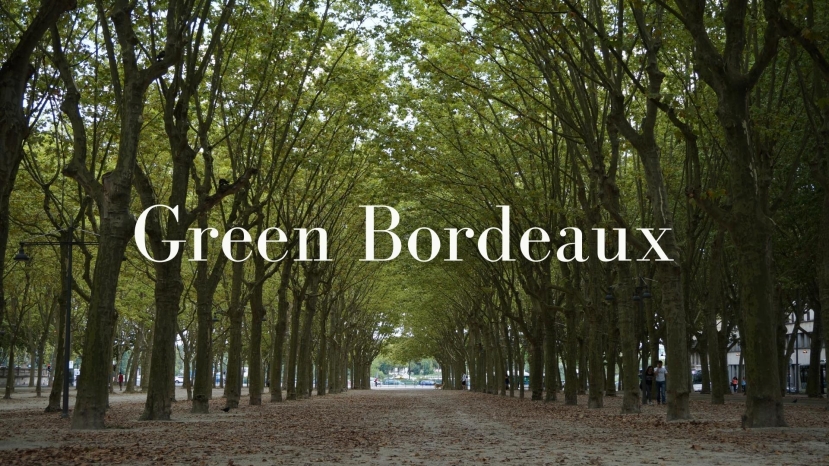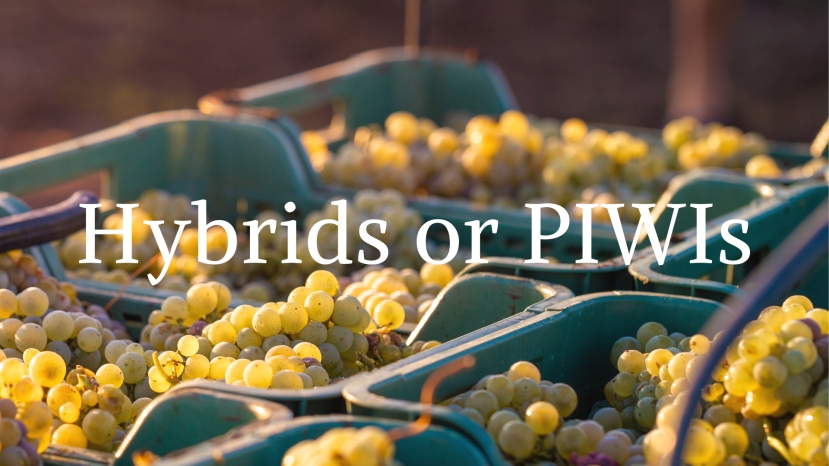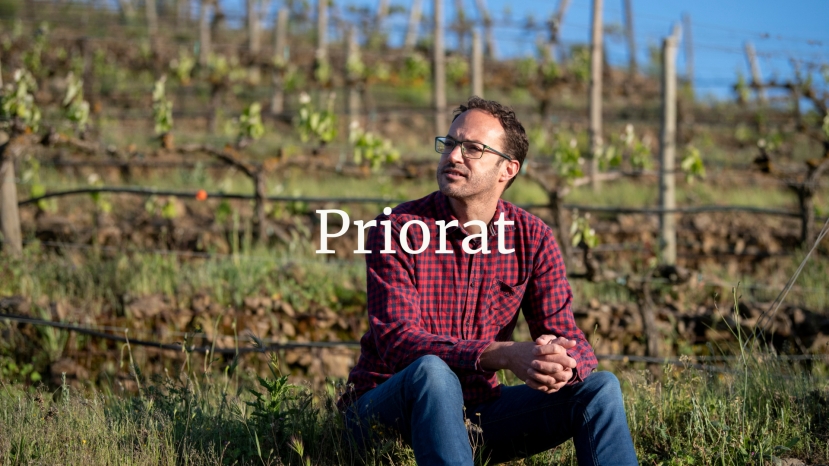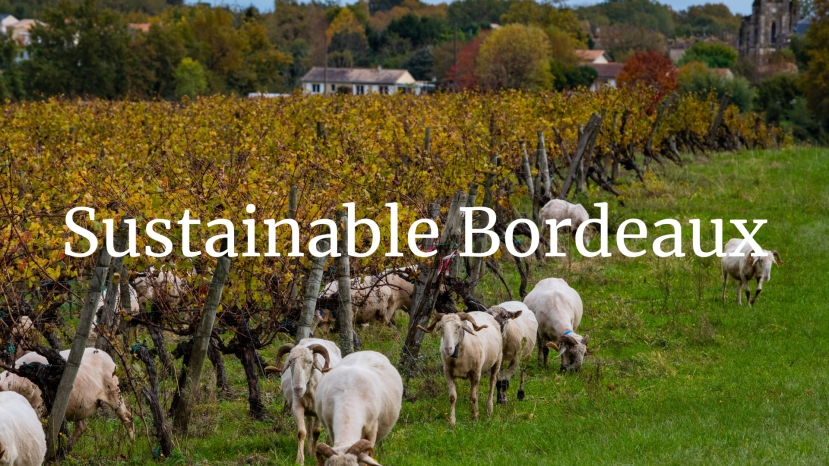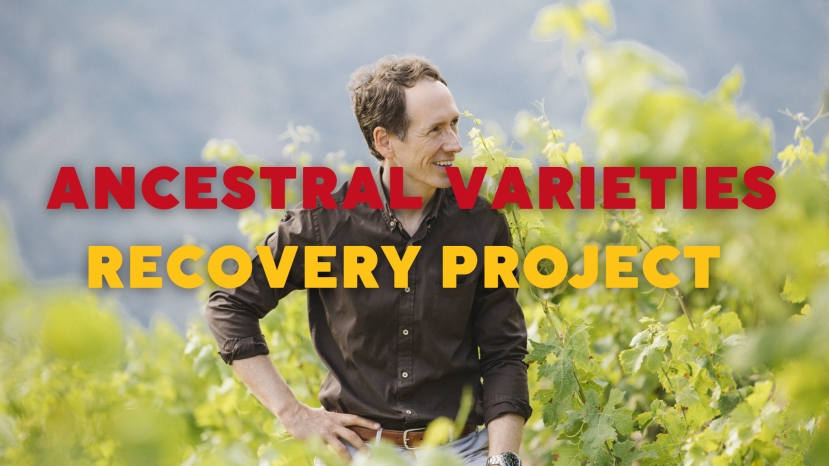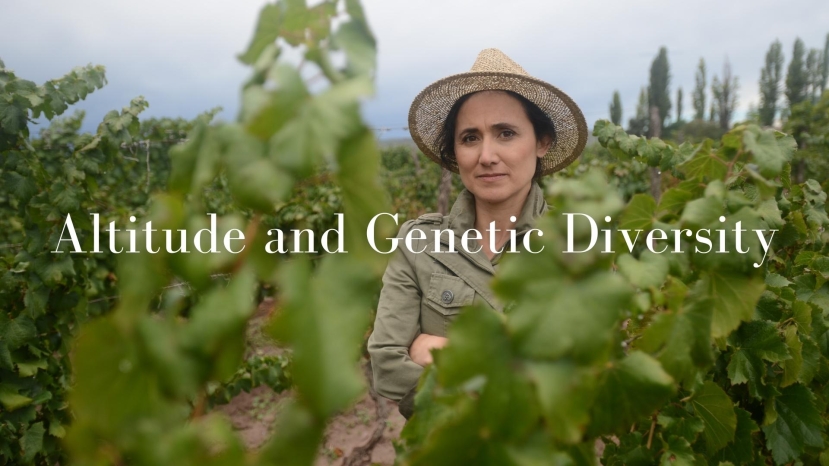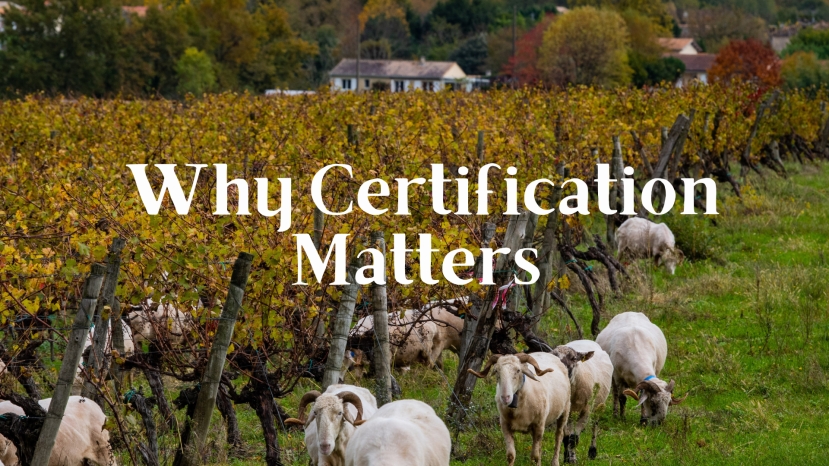BLOG
Global Warming
In 2024 Wine Scholar Guild proudly announced the Albert Sheen Memorial Scholarship in memory of our dear friend and dedicated wine traveler, Albert Sheen. The scholarship application invited applicants to discuss the challenges of climate change in Bourgogne. We received a number of truly exceptional submissions and thank all our participants for their in-depth essays and perspectives. The selection committee has selected Marek Zelewski and is pleased to share his winning essay below. Marek has been awarded a seat on our upcoming Bourgogne Masters Immersion taking place in May 2024.
Albert would have been honored to witness the positive energy and enthusiasm that this scholarship has ignited.
A medium-acidity, off-dry, full-bodied white with aromas of baked yellow apple, starfruit, mango and ripe pineapple, pronounced notes of lemon curd, vanilla and pie crust, paired with elevated alcohol lingering on the palate. While it sounds delicious if one’s looking for a fun wine substitute for a tiki cocktail, hardly anybody would place this Chardonnay on the map anywhere close to Burgundy. However, given the predicted increase in its average temperatures (1), fast forward to 2050 and it could well be a glass of Mâconnais. While certainly not great for those taking blind-testing exams, the consequences of climate change for the French wine industry will be way more far-reaching.
Summary:
Bordeaux is the largest AOC quality wine region in France, and is home to some of the best known names in the world of wine.
Its oceanic climate allows the grapes a long, slow growing season that delivers complexity of flavours and long ageing potential in bottle, but also poses challenges in terms of keeping the grapes healthy during the season.
Summary:
Have you ever tasted a Souvignier Gris, a Solaris or a Bronner? What about Regent, Cabernet Cortis or Rösler? These are just some of the disease-resistant varieties that have been bred over the last few decades from complex crossings of vitis vinifera cultivars with American sub-species such as vitis labrusca, vitis riparia or vitis rupestris.
What started as a crude exercise in creating new plant material in the wake of the turn-of-the-century phylloxera
Summary:
Rick's Pick: University of Tarragona instructor and winemaker, Antoni Sanchez-Ortiz focuses on climate change and how viticulture must adapt in Spain’s DOQ Priorat region.
The mesoclimate determines climatic differences due to the topography of the Priorat and that give rise to local modifications or changes that can affect to more or less ample extensions. Factors that
Summary:
The city of Bordeaux has recently been governed by a green mayor, more than 14,000 hectares of vineyards are certified organic or are being converted, and biodynamics is experiencing great popularity.In the Gironde region, too, it has been realized, not least after various pesticide scandals, that neither people nor the environment can be poisoned for a luxury product like wine. In this webinar, we want to get to the bottom of the efforts for more
Rick's Pick: Miguel Torres discusses the winery's role in the fight against climate change discussion as well as the recovery and rediscovery of Spain’s lost indigenous grapes.
Summary:
Over thirty years ago, Familia Torres embarked on an exciting project close to its heart: the recuperation of ancestral varieties which were believed extinct after the
Summary:
Thirty years ago, Nicolás Catena pioneered high-altitude viticulture in Argentina.
While searching for elegance and concentration, the Catena family found a strategy that today can be used for combatting climate change: "go higher". Malbec, Argentina’s leading red varietal was in decline and being pulled out.
Today, high-altitude Malbec
Summary:
Sustainable wine growing can cover various practices from farming to production techniques, environmental and social policies, and even packaging and waste reduction choices. The challenge for wineries is how to present their sustainable principles and practices to consumers.
This webinar will focus on the importance of sustainable certification programs around the world, such

